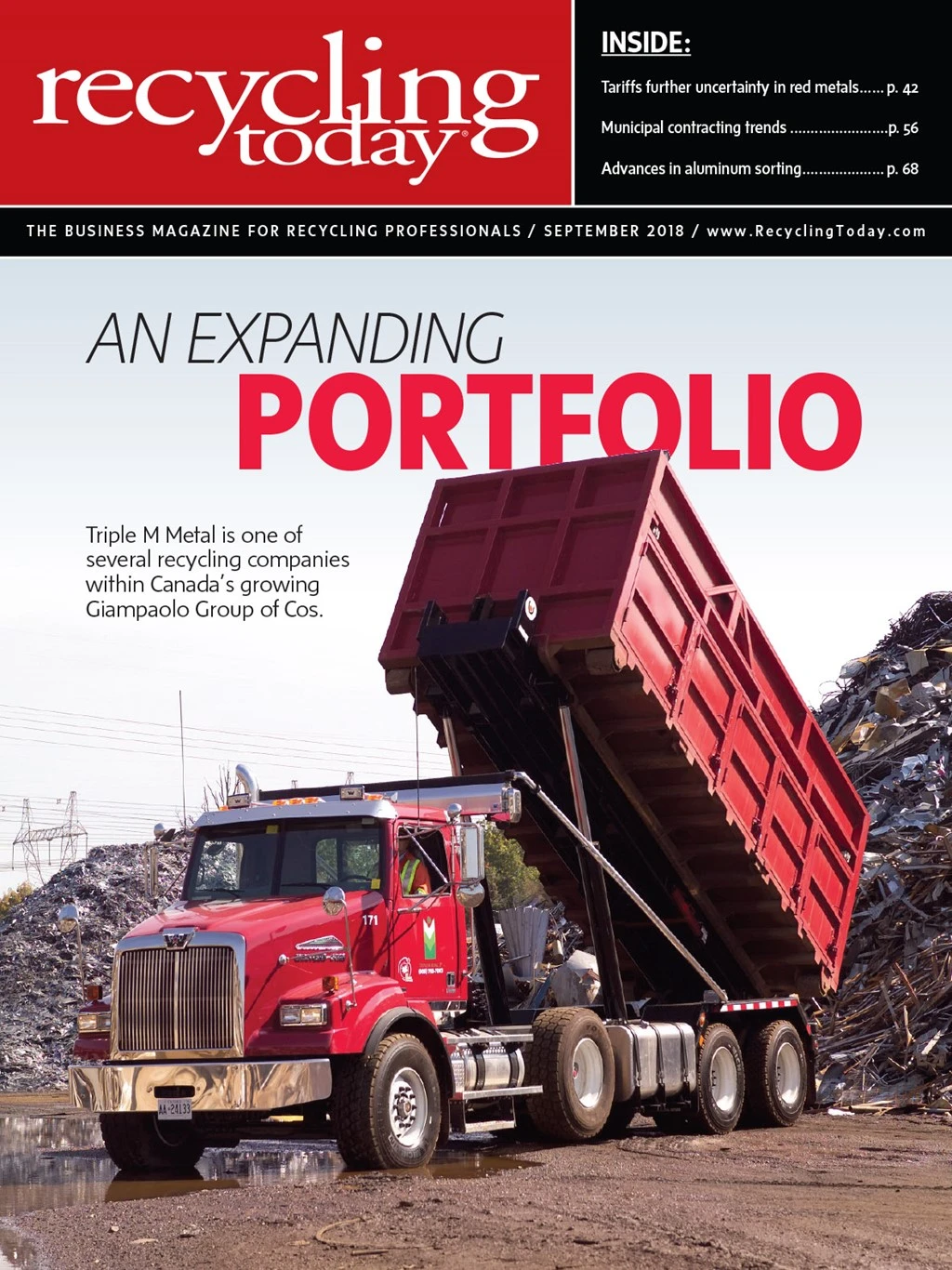
Former (and late) Ohio Gov. George Voinovich was known for saying that good executive governance involved getting “into the bowels of government” by scrutinizing the details of budgeting and spending.
Although he was occasionally criticized for using a somewhat unappetizing analogy, his point was that constituents deserved a close, careful methodology when paring back government spending or making policy changes. In other words, such work requires a scalpel, not an ax.
As the recycling, resource conservation and trade arenas go through a period of sweeping changes in 2018, the crucial difference between approaching a problem with a scalpel rather than an ax has occurred to me frequently.
The ax approach has been recommended (and sometimes approved) by any number of entities, including national governments, elected and appointed officials, nongovernmental organizations (NGOs) and corporations.On the trade front, China has been a consistent culprit lately, especially in its treatment of valuable secondary raw materials as “foreign garbage” it now considers unwelcome.
Plenty of ax wielders also are in North America and Europe. They are prominent when it comes to reacting to plastic packaging and single-use plastic goods.
The world faces an environmental problem from improperly disposed of plastic accumulating in the natural environment, most notably in the Pacific Ocean.
Researchers in Germany determined the vast majority of this “garbage patch” plastic was flowing from rivers in Asia and sub-Saharan Africa, while much of the rest came from irresponsible commercial fishing fleets.
Unfortunately, rather than focusing on upgrading the solid waste and recycling infrastructure in the developing world, many NGOs, elected officials (and even some corporations) have instead concentrated on the less than 5 percent of the problem that emanates from developed nations.
Regarding the use of plastic (and its disposal or recycling), important questions must be asked before even a scalpel is lifted, let alone an ax.
There may be good reasons to discourage the use of plastic in many applications—especially in parts of the world with inadequate disposal or recycling options. Disappointingly, some ax wielders seem prepared to swing first and ask questions later.
Readers dealing with these issues at the scalpel-handling level should keep in mind the mid-October Paper & Plastics Recycling Conference in Chicago, and two related, co-located events. We welcome you to be part of the discussion!
"Regarding the use of plastic (and its disposal or recycling), important questions must be asked before even a scalpel is lifted, let alone an ax.”
Get curated news on YOUR industry.
Enter your email to receive our newsletters.

Explore the September 2018 Issue
Check out more from this issue and find your next story to read.
Latest from Recycling Today
- ReMA board to consider changes to residential dual-, single-stream MRF specifications
- Trump’s ‘liberation day’ results in retaliatory tariffs
- Commentary: Waste, CPG industries must lean into data to make sustainable packaging a reality
- DPI acquires Concept Plastics Co.
- Stadler develops second Republic Services Polymer Center
- Japanese scrap can feed its EAF sector, study finds
- IRG cancels plans for Pennsylvania PRF
- WIH Resource Group celebrates 20th anniversary






